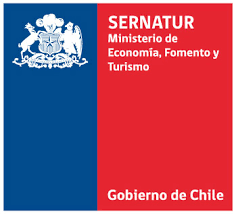Our affiliate hotels, lodges and camps are hand-picked to reflect our own ethos of conservation and sustainability. We are committed to responsible tourism and have orientated our industry connections to include like-minded hotels, camps and properties with established programmes focused on the preservation of the environment in which they operate.
Chile was chosen by the WTA (World Travel Award) as the World ́s Leading Green Destination 2022. It is a great recognition proving an effort to provide an unforgettable and environmentally eco-friendly travel experience. This prize is related to initiatives such as the local fauna and flora protection, rural tourism and heritage preservation.
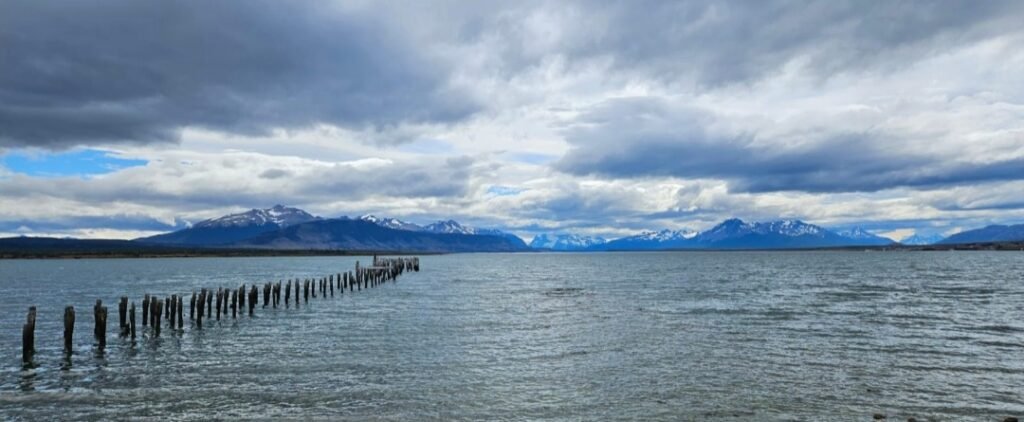
Puerto Natales and Torres del Paine
This National Park was declared a World’s Biosphere Reserve by UNESCO in 1979, because acknowledges the park’s extraordinary natural significance and its role in preserving the biodiversity of southern Chilean Patagonia. It reflects the park’s commitment to balancing conservation with sustainable development, and highlights the importance of maintaining the region’s unique ecosystems. Several key factors contribute to its recognition as a Biosphere Reserve.
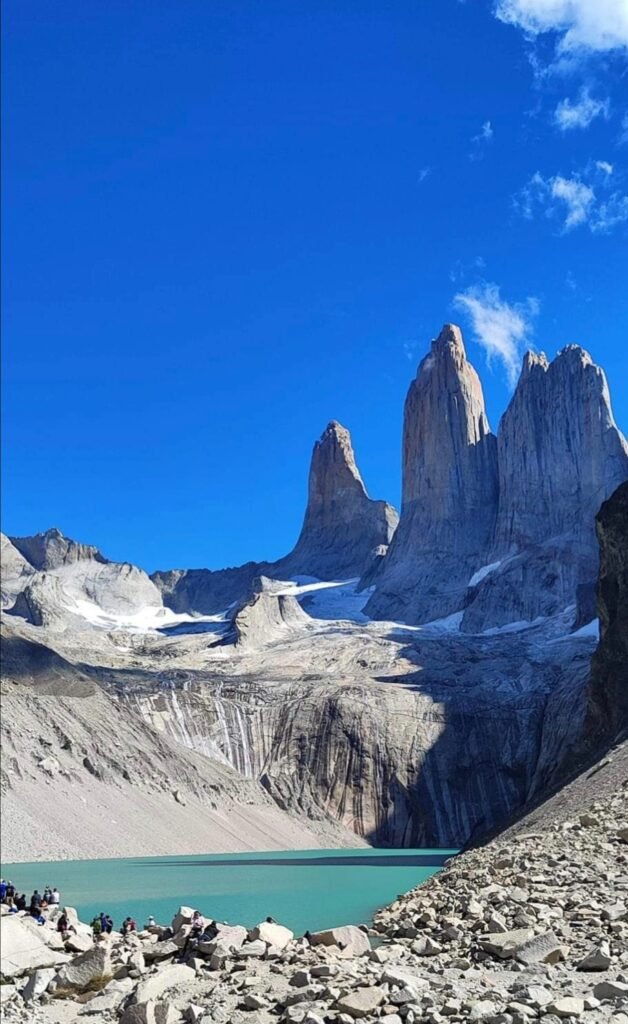
Cochamó
This area has improved its biodiversity conservation in the last few years through Tagua Tagua Park, which, apart from being a tourist place, has as its purpose to protect the native species and promote scientific research.
Sustainable Tourism Initiatives Leave No Trace Principles & Low-Impact Camping.
Cochamó is a prime example of how eco-friendly practices can be integrated into tourism to protect and preserve natural landscapes. Through sustainable tourism, conservation efforts, renewable energy use, and community engagement, the area is working to maintain its pristine environment while still welcoming visitors. For solo travelers or eco-conscious tourists, Cochamó offers an opportunity to connect with nature in a responsible and sustainable way.
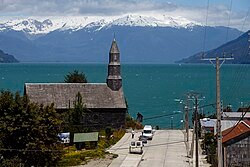
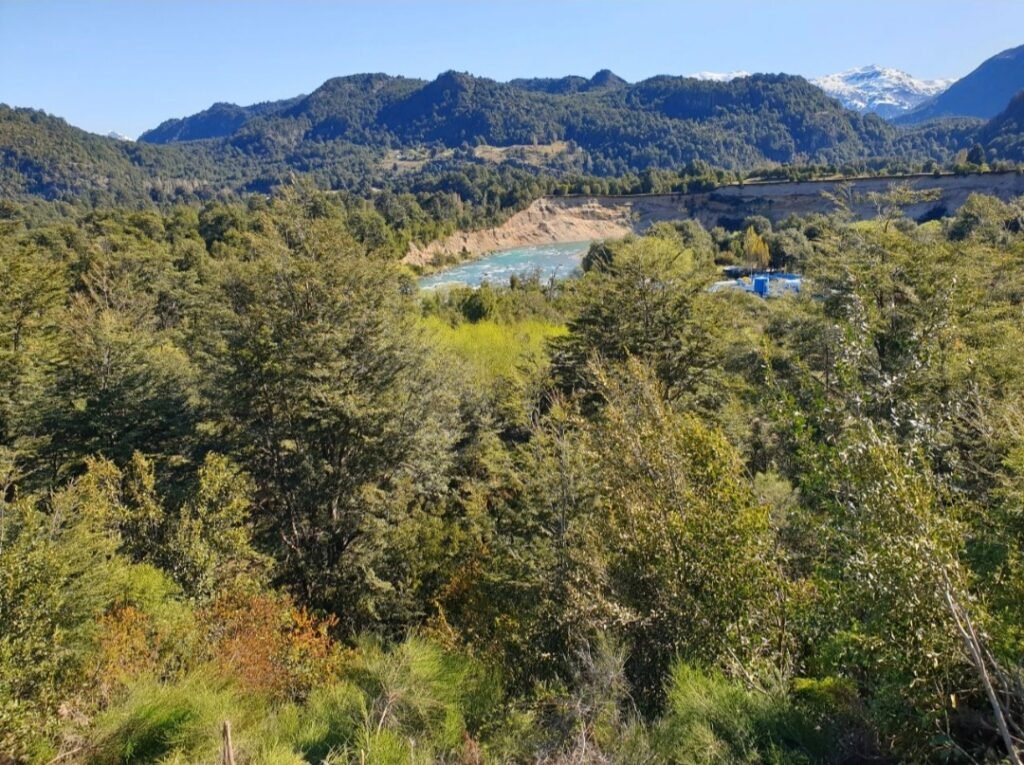
Futaleufú:
Located in the Chilean Patagonia, this area stands out for the conservation of the Futaleufú river basin and the care of its aquatic species.
Futaleufú stands out as a destination committed to preserving the natural beauty of Patagonia while offering eco-friendly tourism experiences. The town, along with its accommodations, businesses, and adventure tourism operators, emphasizes sustainability, conservation, and responsible travel. For travelers looking to experience an untouched corner of the world while minimizing their environmental impact, Futaleufú offers a perfect balance of adventure and eco-consciousness. With continued focus on sustainable practices, Futaleufú can maintain its pristine beauty for future generations.
Cabo de Hornos:
This area, the southernmost headland of Chile, has protected areas of mini forests of Patagonian lichens and includes several ecotourism initiatives.
Cabo de Hornos is a symbol of adventure, resilience and the unyielding forces of nature. From its historical significance as a treacherous maritime route to its current status as a protected natural area, it holds a special place in the world’s geography. Whether you’re a history enthusiast, a nature lover, or an eco-tourist, the region offers a unique opportunity to explore one of the most remote and spectacular corners of the earth.
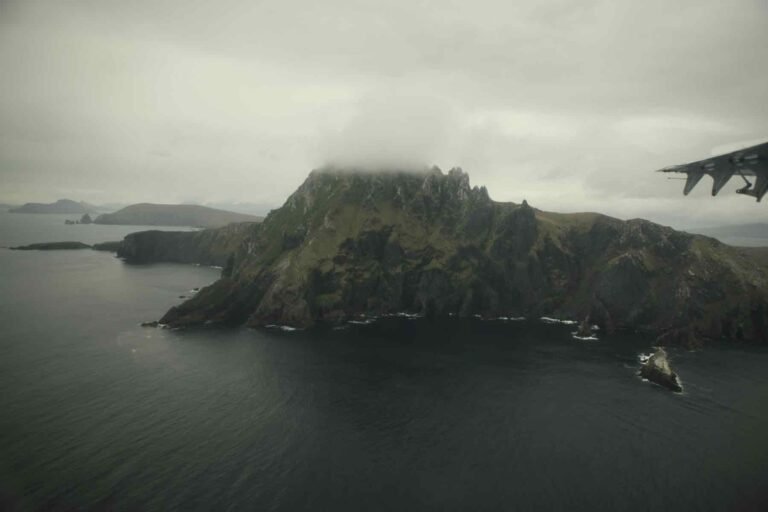
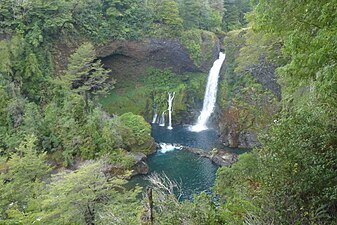
Huilo Huilo:
The Huilo Huilo Biological Reserve is a forest of more than 100,000 hectares with magnificent waterfalls, native forests, and Darwin’s frogs! These are endangered species.
Huilo Huilo is a hidden gem in southern Chile, offering a rich blend of natural beauty, wildlife, and sustainable tourism. As a private nature reserve and Biosphere Reserve, it plays a crucial role in the conservation of Patagonia’s unique ecosystems, while also offering a model for how tourism and conservation can go hand-in-hand. With its lush forests, pristine rivers, and diverse wildlife, Huilo Huilo is a must-visit destination for nature lovers, conservationists, and those seeking to experience the untouched wilderness of southern Chile.



